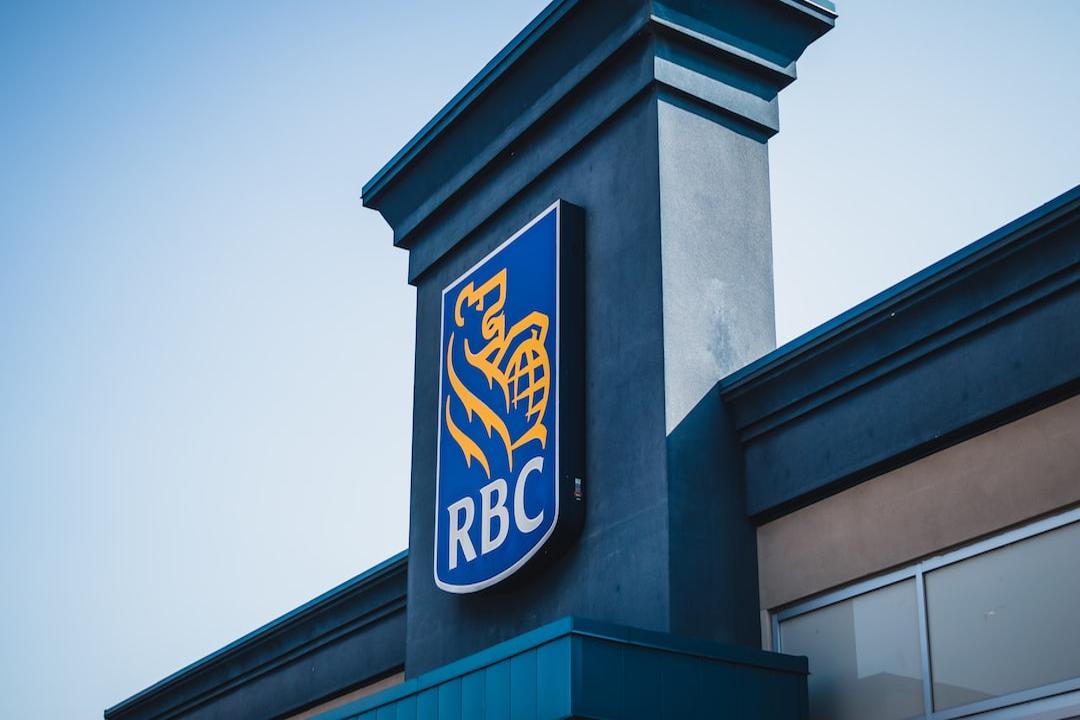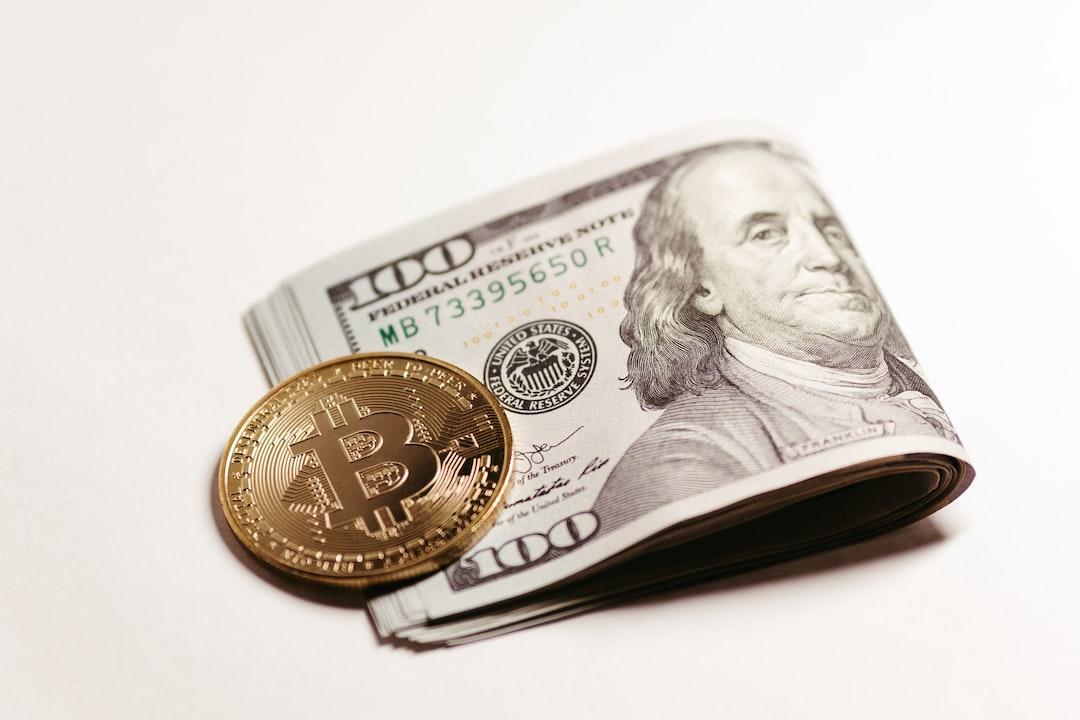CoinWorld.com reports:

In international trade, cross-border e-commerce or foreign trade companies theoretically should conduct currency exchange and cross-border payments through legitimate channels. However, some bosses still choose to engage in private currency exchange through illicit means.
There are various reasons for opting for private currency exchange. Some consider economic costs (official channels may involve higher fees and tax costs, whereas unofficial channels offer more advantageous exchange rates), time costs (official processes may require more time and documentation), and regulatory avoidance (involvement in gray or black market transactions). Additionally, some face objective difficulties in currency exchange, such as U.S. economic sanctions on other countries, restrictions on Russian banks using the SWIFT system, and limitations on Iranian transactions in USD. For Chinese enterprises engaged in trade with these countries, settlements between foreign currencies and RMB may encounter obstacles.
Due to these reasons, some bosses directly convert funds through underground banks or currency exchange intermediaries, while others opt for indirect conversion through virtual currencies like USDT or gaming cards.
Multiple parties are involved in these currency exchange transactions, including underground banks, intermediaries, buyers and sellers of foreign exchange, and company finance personnel acting under boss instructions. If any one of them becomes subject to investigation by public security agencies, they may disclose their counterparts upstream and downstream in the transactions in order to protect themselves or seek recognition for cooperation.
The question arises: does the currency exchange undertaken by foreign trade company bosses for operational needs constitute illegal business operations?
By Shiwei Shao, Attorney
In practice, there are numerous similar scenarios:

Zhang San has a constant need for U.S. dollars, and Li Si, who has a wide network, knows several foreign trade company bosses, including Wang Wu. Whenever Zhang San requires dollars, he transfers RMB to Li Si, who deducts his service fee and transfers the remaining amount to Wang Wu. Wang Wu, coincidentally needing to exchange foreign currency, transfers the funds received from his foreign trade operations to Li Si, who then transfers them to Zhang San.
Li Si acts as an intermediary, profiting from the currency exchange services provided to Zhang San and Wang Wu. (Attorney Shao has previously written several articles on whether “intermediaries in buying and selling foreign exchange” constitute illegal business operations, which readers familiar with should be aware that Li Si, as an intermediary, does indeed constitute illegal business operations.) One day, Li Si is arrested and, in order to “gain merit,” implicates Wang Wu, claiming that all the dollars he transferred to Zhang San were provided by Wang Wu.
Subsequently, Wang Wu receives a call from the police requesting cooperation in the investigation. He seeks the advice of Attorney Shao on whether his actions constitute a crime. Attorney Shao believes they do not, primarily because:
Wang Wu’s currency exchange activities were not for profit-oriented business purposes.
Why would Wang Wu, as a foreign trade company boss, collaborate with Li Si for currency exchange? Because his company account holds substantial foreign trade payments. For various reasons, he finds dealing with intermediaries like Li Si convenient and quick. Thus, the fundamental difference lies in the currency exchange objectives between Wang Wu and Li Si. While Li Si brokers exchanges to earn profit margins, Wang Wu’s objective is simply to convert his foreign currency income into RMB.
The colloquially termed “pocket crime” of illegal business operations requires that the act be profit-oriented. The essential characteristic of business operations is engaging in market transactions with profit as the goal, i.e., obtaining economic benefits through such acts.
Wang Wu did not intend to derive economic benefits through currency exchange transactions themselves.
For instance, in cases like “EY Crime Investigation No. 70 (2019)” and “Wen Check Prosecution Department No. 1 (2019),” it was argued: “Although XX violated foreign exchange management regulations by exchanging foreign exchange for others, the exchanged foreign exchange originated from XX’s own operation of foreign trade company funds, and the exchange of foreign exchange was not profit-oriented, as its behavior does not have the nature of business operations, it does not meet the criminal elements of illegal business operations.”

Expanding the discussion: If Wang Wu also received currency exchange profits in addition to converting his income to RMB?
Zhang San urgently needed to exchange dollars, but Li Si was unable to facilitate due to stock shortages. Wang Wu, seeing Li Si’s urgency to exchange dollars for his client Zhang San, proposed a currency exchange with a service fee. Li Si agreed. In such a scenario, Wang Wu would be suspected of illegal business operations. However, whether this constitutes a crime depends on specific case-by-case analysis.
Defense points for lawyers can be expanded from the following:
1. Insufficient evidence for conviction
Engaging in “cross-settlement” of foreign exchange transactions is often covert in practice. Simplifying relationships in the above illustration, in reality, Zhang San, Li Si, and Wang Wu are typically not direct payees. They instruct their affiliated companies (or relevant responsible persons) domestically and abroad to conduct operations. Besides Zhang San, others with foreign currency demands include Zhang San 1, Zhang San 2, Zhang San 3, etc. Li Si’s status is effectively balancing among numerous principal parties in foreign exchange transactions. Which transactions are under Li Si’s coordination between Zhang San and Wang Wu? What are the transaction amounts? Is the evidence chain sufficient to identify affiliations?
Wang Wu’s subjective purpose in currency exchange was purely to exchange his company’s foreign trade payments, rather than profit from currency exchange spreads. Whether these objectives have supporting evidence is significant. If both of Wang Wu’s aforementioned objectives exist, the related financial expenditure should be reduced. According to the principle of considering uncertain evidence, a similar principle is available to reduce the controversial value.
For example, in case (2020) Guo 0781 Criminal 181, the court considers that the key evidence lacks the answer, and this part is considered criminal behavior without evidence. It has been accepted to defend and defend the belief that the part does not justify the accused’s criminal offenses and the verification evidence. Public prosecution agency evidence is supported by the same value as defense, not crime. avoid risk, currency legal channels. necessary avoid

